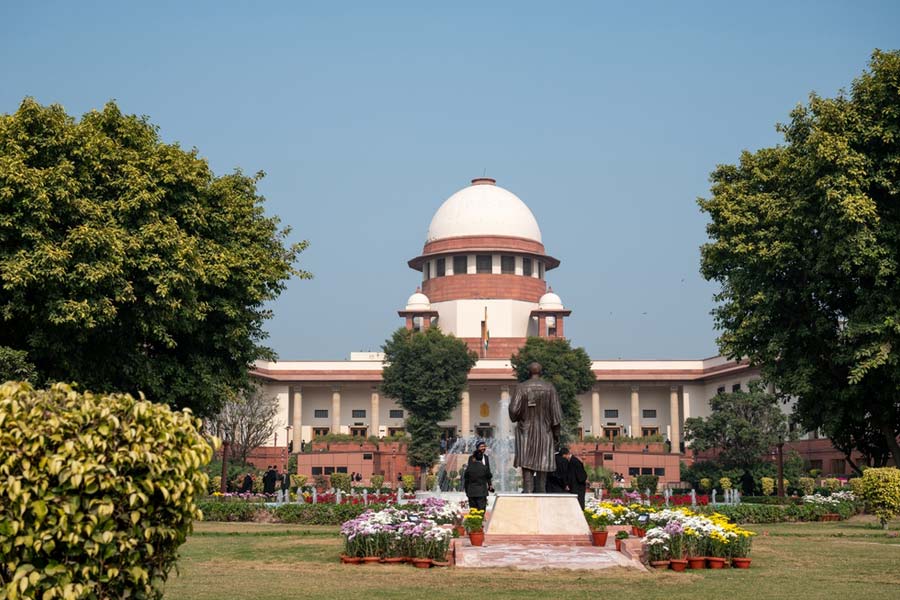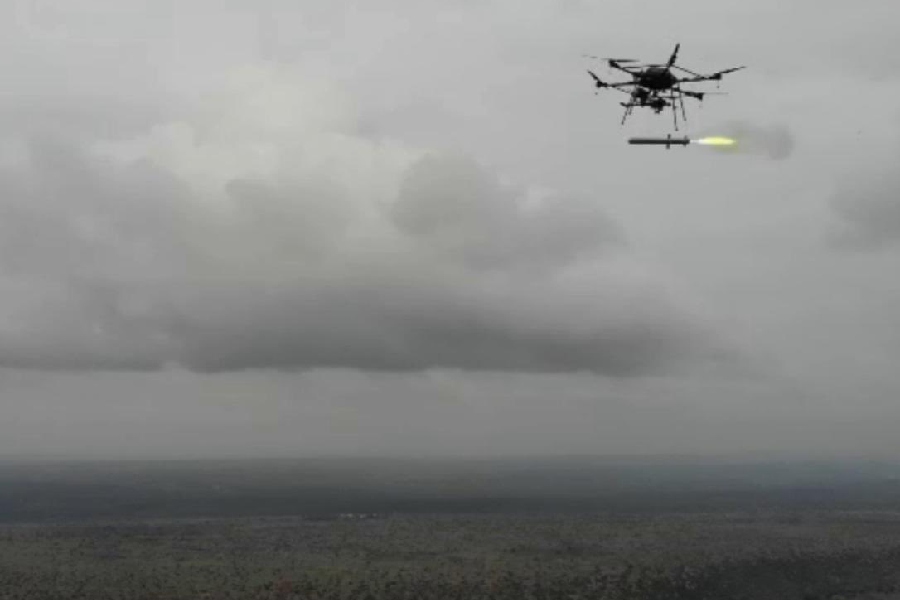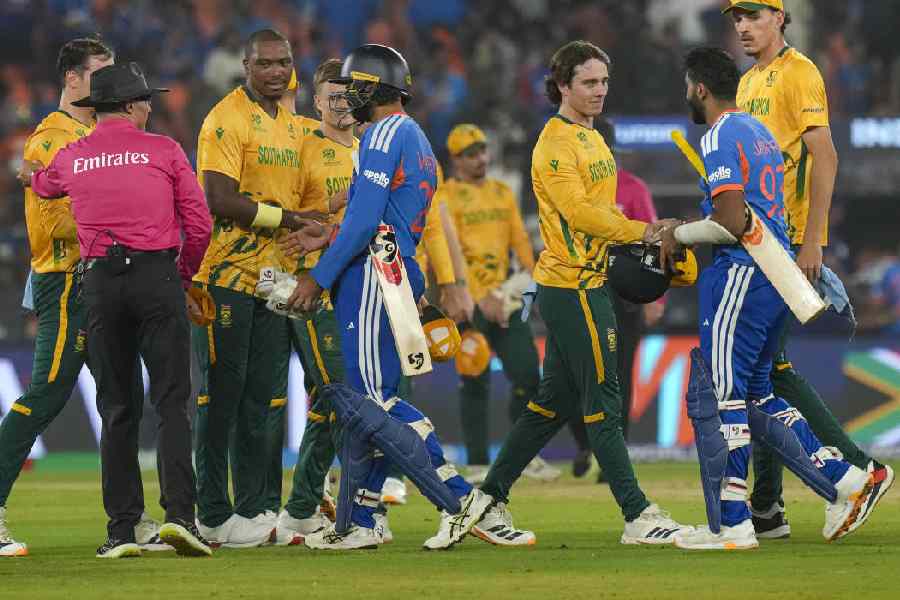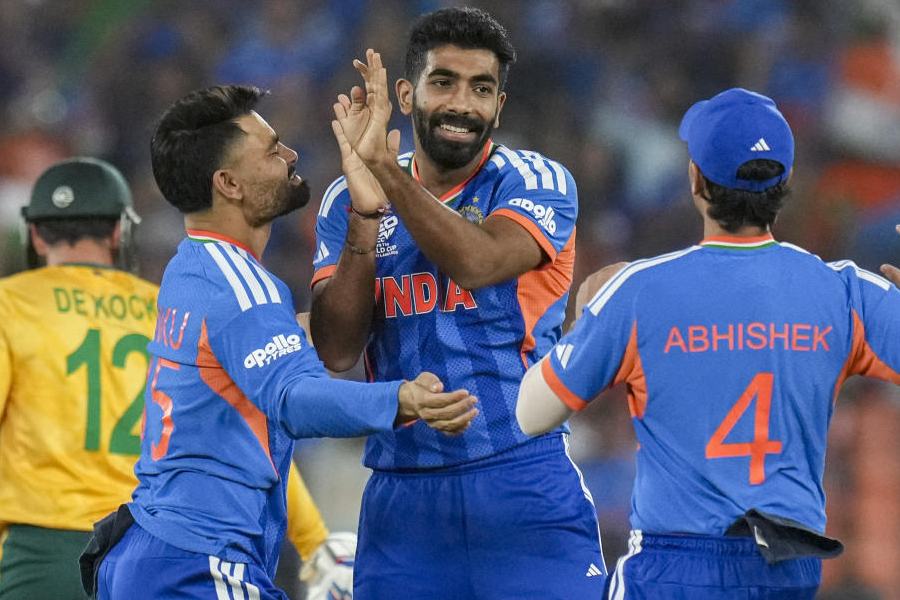Justice B.R. Gavai of the Supreme Court, next in line to be the Chief Justice of India, has flagged the “risks” of platforms such as ChatGPT generating fabricated legal facts and YouTubers uploading excerpts of court proceedings as their own content, raising “serious questions about intellectual property rights”.
Justice Gavai aired the concerns while addressing a judicial training and capacity-building programme jointly organised by the apex courts of India and Kenya at Nairobi.
“While technology has significantly improved access to judicial proceedings, it has also given rise to several ethical concerns. Relying on AI for legal research comes with significant risks as there have been instances where platforms like ChatGPT have generated fake case citations and fabricated legal facts,” the Supreme Court judge said.
Though AI can process vast amounts of legal data and provide quick summaries, it cannot verify sources with human-level discernment, he said.
“This has led to situations where lawyers and researchers, trusting AI-generated information, have unknowingly cited non-existent cases or misleading legal precedents, resulting in professional embarrassment and potential legal consequences,” Justice Gavai added.
Justice Gavai also lamented the fact that AI was increasingly being used as a tool to predict court outcomes, sparking important debates about its role in judicial decision-making.
“This raises fundamental questions about the very nature of justice. Can a machine, lacking human emotions and moral reasoning, truly grasp the complexities and nuances of legal disputes?” he asked.
Justice Gavai also flagged the circulation of edited clips of court proceedings on
social media.
“These clips, when taken out of context, can lead to misinformation, misinterpretation of judicial discussions, and inaccurate reporting. Additionally, many content creators, including YouTubers, re-upload short excerpts from court proceedings as their own content, raising serious questions about intellectual property rights and ownership of judicial recordings. The unauthorised use and potential monetisation of such content blur the lines between public access and ethical broadcasting,” he said.










